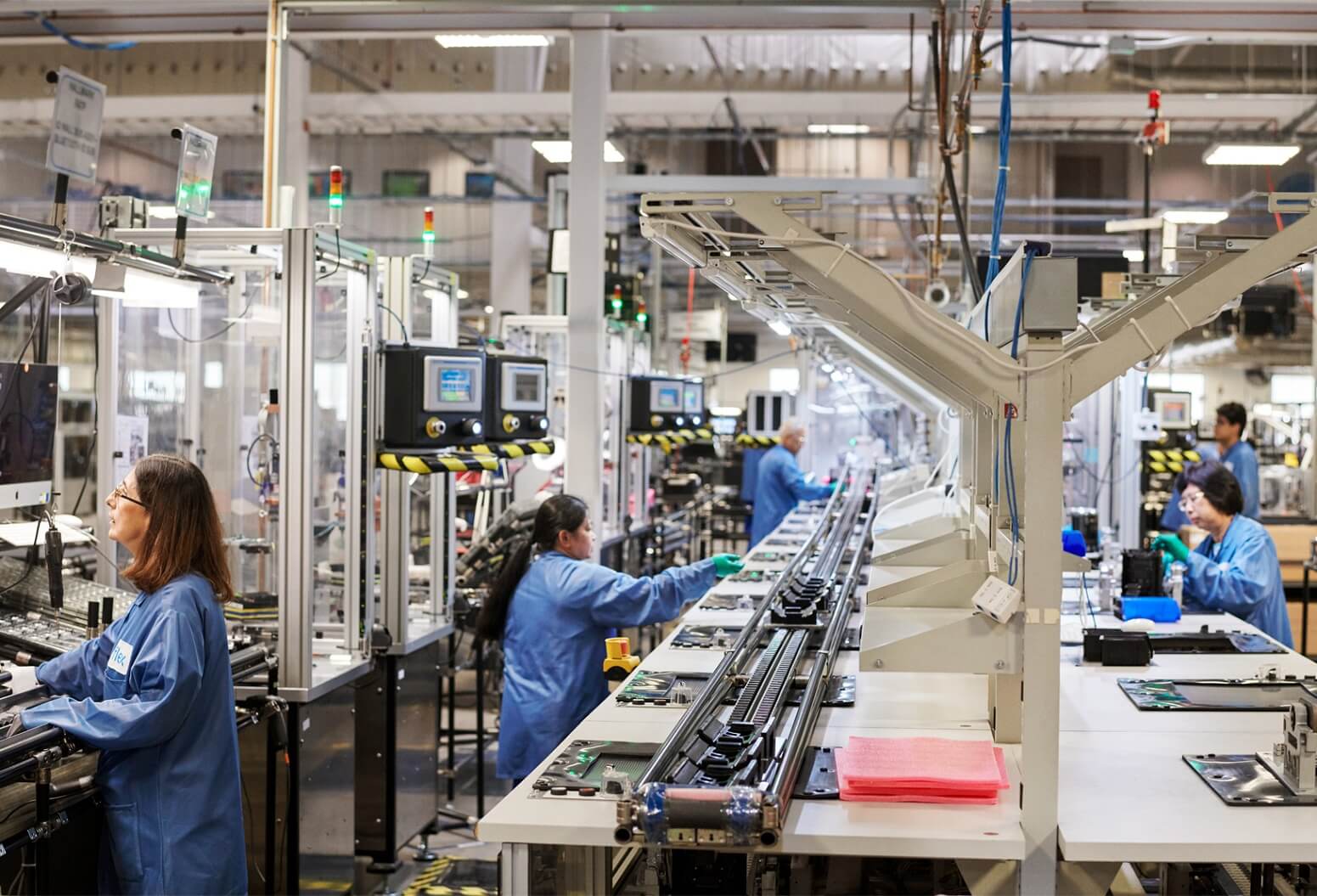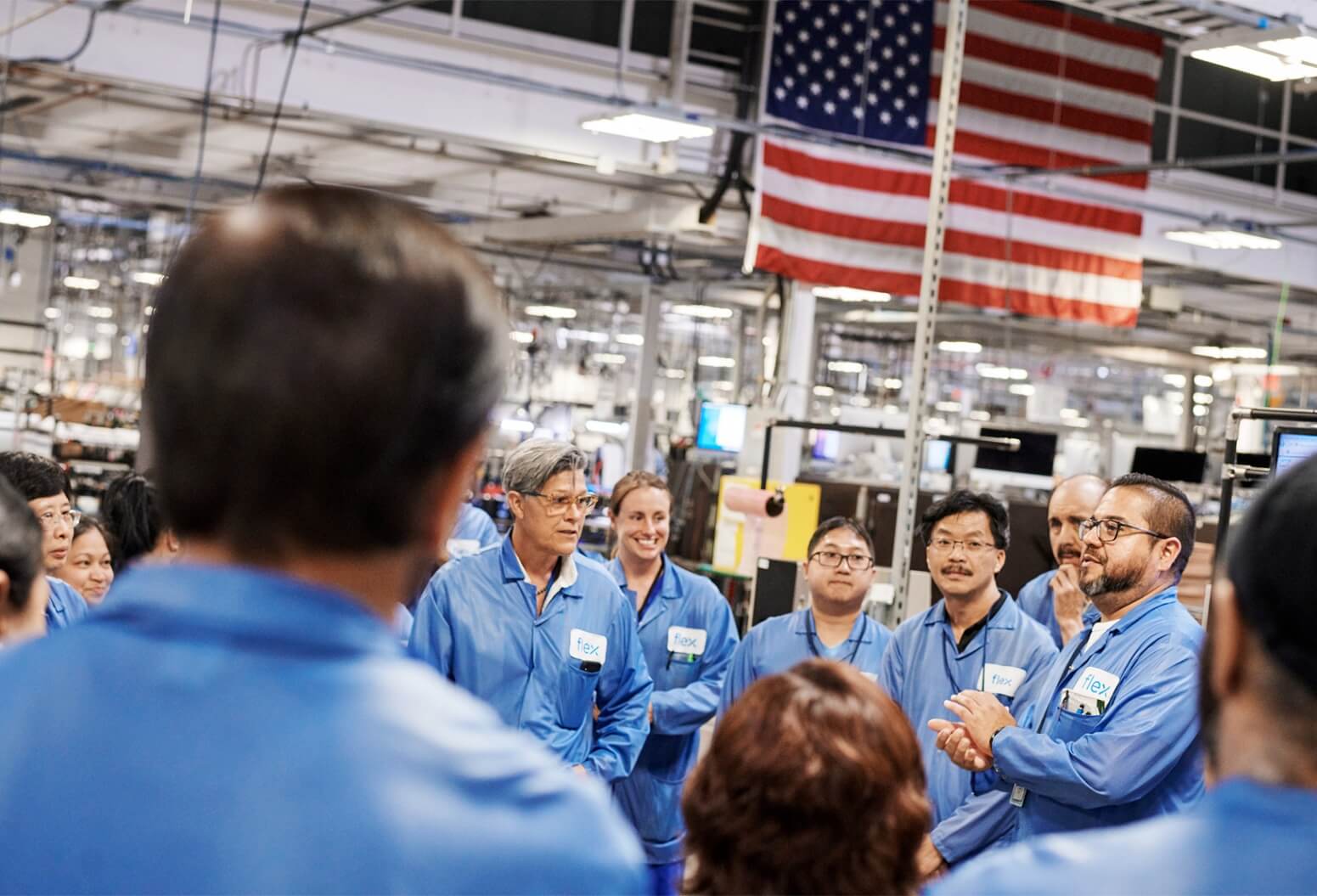In brief: Apple says it's going to assemble its newest high-end computer in the US, even though it needs to import several essential components from China. The move was made possible through federal product exclusions that make it cost effective for the company to source the necessary parts. It's likely that Mac Pros made for non-US customers will still be made in China.
The Cupertino giant announced it will continue manufacturing the Mac Pro in Austin, Texas. The new model was announced at this year's WWDC, and making it in the US was, until recently, a difficult proposition for Apple. Earlier this year, the Trump administration introduced a series of tariffs on essential components that need to be imported from China, but the company says it eventually managed to get a federal product exclusion.
The details of the deal are unclear, but many speculate Apple was offered a sweet deal so that it can prove the new Mac Pro can be made domestically. According to a Reuters report, the company has been granted tariff exemptions on 10 of the 15 computer parts it listed in its request to the Office of the US Trade Representative a few months ago.
Apple CEO Tim Cook noted "the Mac Pro is Apple's most powerful computer ever and we're proud to be building it in Austin. We thank the administration for their support enabling this opportunity." Not too long ago, Trump publicly rejected the idea of offering the company any tax waivers, but apparently changed his mind after Cook explained the implications of the trade war on the competitive edge of American companies.

An interesting bit in the announcement is that Apple says the new Mac Pro will "include components designed, developed and manufactured by more than a dozen American companies for distribution to US customers." It's entirely possible the company will only make some of the units in the US, while those intended for customers in other regions will probably still be made in China.
That said, the company was quick to point out the value of the new Mac Pro's American-made components is 2.5 times greater than in the previous generation model, thanks to a network of manufacturers and suppliers spanning several states, including New York, Arizona, Maine, Oregon, Pennsylvania, Vermont, Texas, and New Mexico.
With a starting price of $6,000 for the entry level configuration and the top of the line estimated at several thousands of dollars, the new Mac Pro is likely to sell in small volumes, so it won't contribute that much to Apple's bottom line. That said, the company faces a round of tariffs this December that will affect its mobile devices and accessories, from AirPods to iPhone, iPad and MacBook, which are all made in China.
Apple says it plans to invest $350 billion into the US economy through 2023 and that it supports 2.4 million jobs across the 50 states. To that end, the company is also expanding its footprint in Austin, Texas - a $1 billion move that was first announced in December last year. But more importantly, the company is approaching the trade war situation from multiple angles, one of which involves shifting some of its manufacturing to India and Vietnam. It's also not the only company doing this - Amazon, Microsoft, and Google have similar plans.
